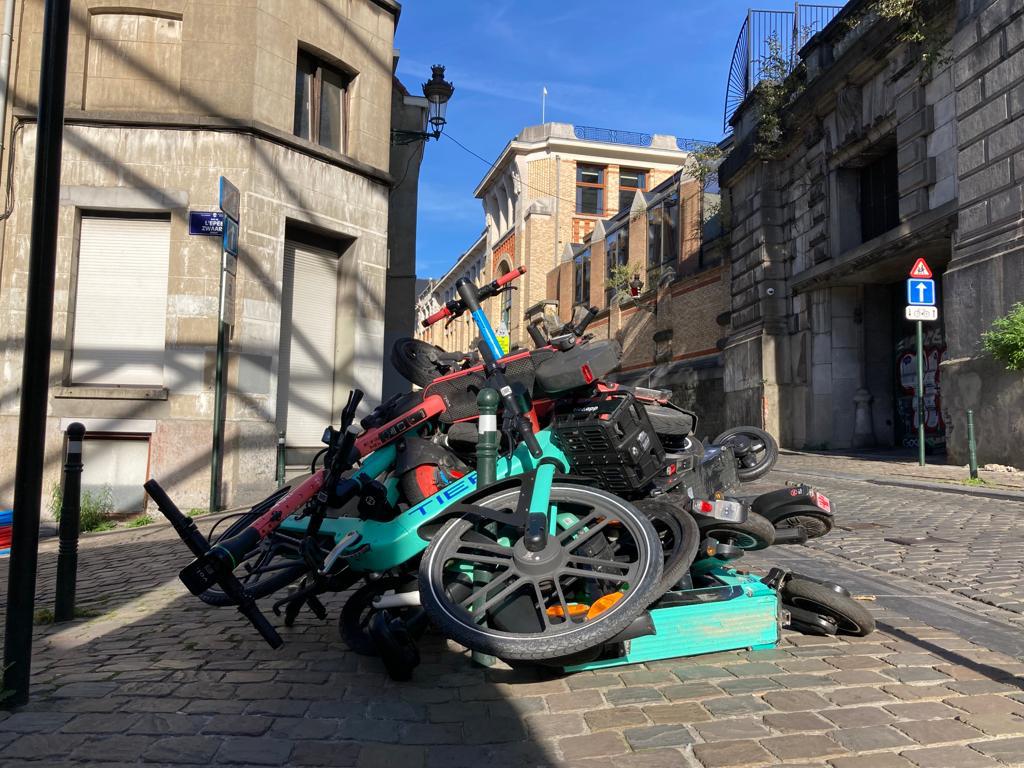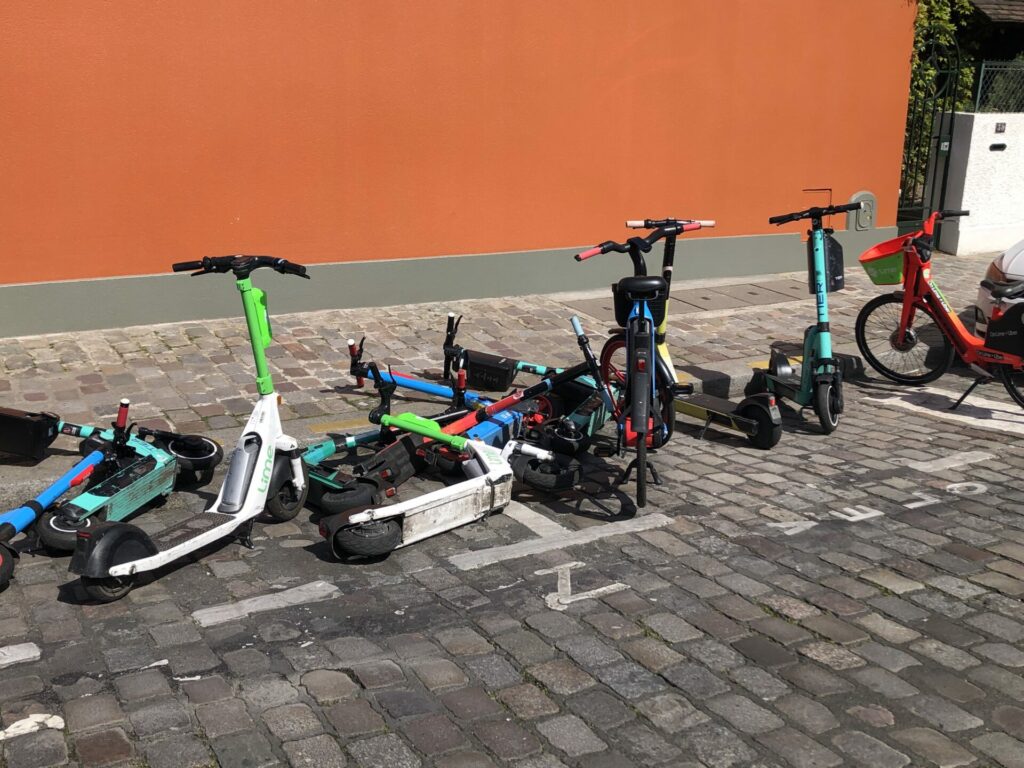Since 1 September 2023, self-service electric scooters have been banned from Paris streets. But what actually happens to these once-ubiquitous scooters, numbering 15,000?
Key industry players – including Dott, Lime, and Tier – have phased out their fleets with a focus on recycling and reducing carbon emissions.
Dott, one of the leading scooter operators, operates two major recycling facilities in Europe, located in Lyon and Warsaw. Here, a specialised team meticulously dismantles the scooters, ensuring all components are appropriately sorted for recycling, repair, or reuse, depending on their condition. After this process, the vehicles are restored and repainted.
In 2022 alone, around 10,000 scooters underwent this transformation and were redeployed in various European cities where Dott maintains a presence. The company proudly boasts a remarkable 90% recycling rate for non-reusable parts.
The result has been a reduced carbon footprint – many cities where Dott operates have a carbon cost per scooter of less than 30 grams of CO2 per kilometre travelled. This comes close to the company's 2025 goal of 20 grams per kilometre.

It isn't only Paris that has had issues with the e-scooters and bikes. In Brussels these rental vehicles are often a nuisance. Credit: Orlando Whitehead/The Brussels Times
Lime, another significant player in the electric scooter industry, is primarily focusing on recycling electric scooter batteries through partnerships with firms such as the French company Gouach. Repair and refurbishment offers a sustainable solution to prolong battery life and reduce waste.
Similarly, Tier collaborates with the startup Doctibike, specializing in battery repair and reconditioning, thereby contributing to the industry's environmental initiatives.
Has Brussels had enough of e-scooters?
The ban on shared e-scooters in Paris, driven by widespread concerns about traffic congestion and accidents, has sparked interest in other European cities. However, Brussels has not followed suit. Despite recording a substantial number of e-scooter accidents, a ban is not currently on the table.
Brussels Mobility Minister Elke Van den Brandt disclosed in June that there will be a comprehensive evaluation of e-scooter operations in the city. She emphasised the importance of improving road safety and respecting other road users, particularly pedestrians, those with reduced mobility, and electric scooter riders.
Related News
- Scourge of the streets: Brussels to introduce measures to curb scooter misuse
- Police intercept an e-scooter driver travelling at 99 km/h
The existing rules for e-scooter parking and usage, adopted by the Regional Parliament, will soon come into force. These aim to harmonise parking policies with designated drop zones and penalties for improperly parked scooters. Operators adhering to these rules will be permitted to continue their operations. The maximum speed for shared e-scooters in Brussels will set at 20 km/h and 8 km/h in pedestrian areas.
Brussels remains committed to creating a safer environment for all road users and awaits the results of its proactive approach to electric scooter management.

